The Dutch advertising code consists of a list of rules and regulations that all advertisers of the respected community shall follow. Dutch advertising materials are designed in accordance to this code and you can use Document Translation Services for translation of these materials’ data.
The Dutch language is spoken by nearly twenty three million people in the European Union, mainly by the population of the Netherlands and Belgium. To market a product to this audience, you shall use Dutch Advertising Materials Translation Services for appropriate guidance.
Advertising materials and mediums include telemarketing, the World Wide Web, radio, banners, flyers, direct marketing, as well as labeling and packaging. Language Translation services are a useful tool for converting various contexts to other languages in order to attract a variety of customers.
The Dutch advertising code has specific instructions for different industries such as Alcohol Beverages, Games of chance, Environmental organizations, Passenger cars, Travelling/Tours, and Tobacco products. For the majority of other businesses, there are a set of general provisions such as:
Explanation of the fundamental clauses can be acquired from a copy of the original Dutch advertising code that can be translated using Dutch Advertising and Marketing Document Translation Services, for your convenience. Now let’s have a look at the requirements of one of the special industries.
These set of guidelines only apply to the Dutch market and are mandatory for all sorts of advertisements and promotions related to Dutch tourism. Travel resources are not limited to transportation and accommodation; other tourist services that are an essential part of the travel package are also subject to the code.
The providers of travel services must clearly mention accurate prices in their ads. Any unavoidable costs known at the time of publishing/commercializing must be included in the given price. These can be associated government taxes applicable on services like accommodation and transportation fares.
Additional charges for optional services or recommendations like meals and room service shall be conveyed separately. Also make sure not to leave out booking or reservation charges where applicable. Where the price of an activity or service is not fixed or may vary, at least let the clients know that its cost is excluded from the purchased package.
The following strategies applied by many companies are considered deceptive by the Dutch code:
Non-Dutch advertisers can identify with the requirements for other particular industries with the help of Quality Translation Services such as Dutch Advertising Materials translation.
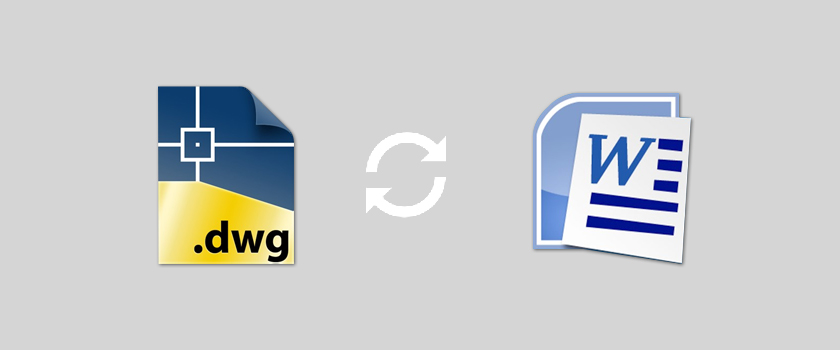
dwg: It means a drawing file save format created by AutoCAD, and now has been the standard format of 2D
Read More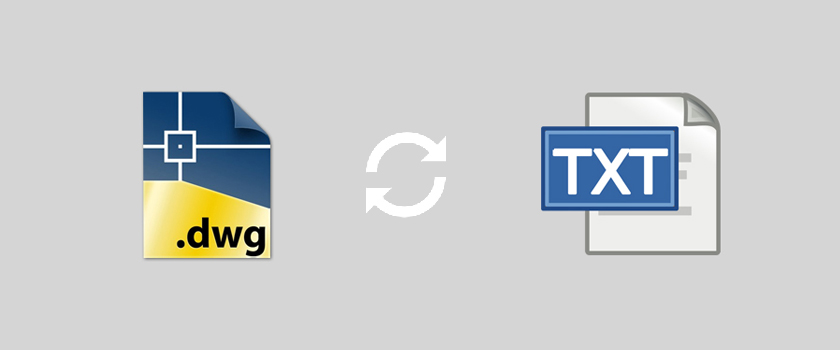
dwg: It means a drawing file save format created by AutoCAD, and now has been the standard format of 2D
Read More
Mars Translation can help you extract the texts in a DWG file and convert them into a Word file so
Read More
dwg: It means a drawing file save format created by AutoCAD, and now has been the standard format of 2D
Read More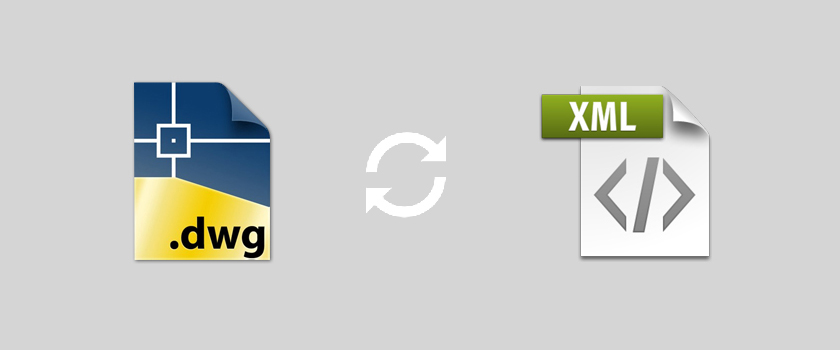
dwg: It means a drawing file save format created by AutoCAD, and now has been the standard format of 2D
Read More
MarsTranslation can help you extract the texts in a DWG file and convert them into a XML file so that
Read More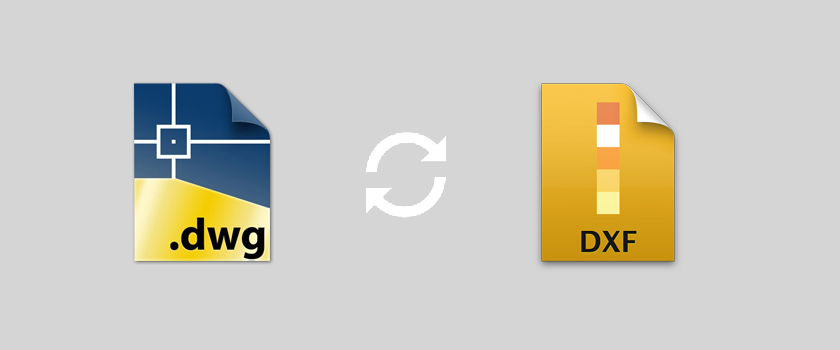
If you are a designer you are bound to find yourself in situations when you have to convert your DWG
Read More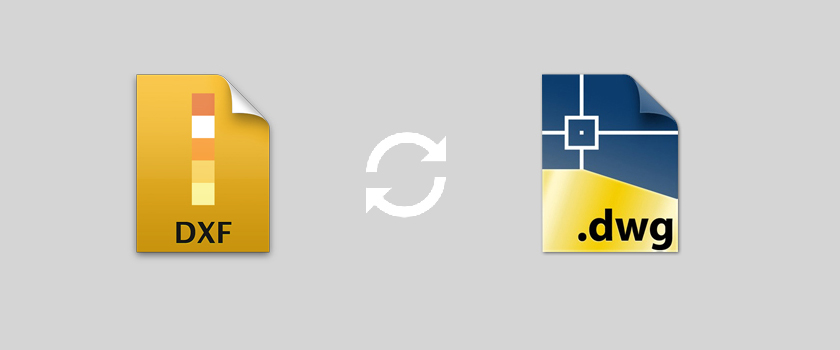
dwg: It means a drawing file save format created by AutoCAD, and now has been the standard format of 2D
Read More
MarsTranslation can help you extract the texts in a DWG file and convert them into a Word file so that
Read More


Document Translation
Professional document translation by native expertsApp Localization
Get more downloads by adapting your app for different target marketsVideo Translation
Multilingual translation and subtitling servicesWebsite Localization
Adapt your website into multiple contexts for global reachSoftware Localization
Adapt your software for global usersGame Localization
Reach new players with localized gameplayMTPE
Refine AI translations for natural fluencyBusiness Translation
Professional translation for business documents and websitesDTP & File Conversion
Professional DTP and File conversion, supporting multiple file formatsProofreading
Perfect your content with expert review© Copyright 2026 MarsTranslation